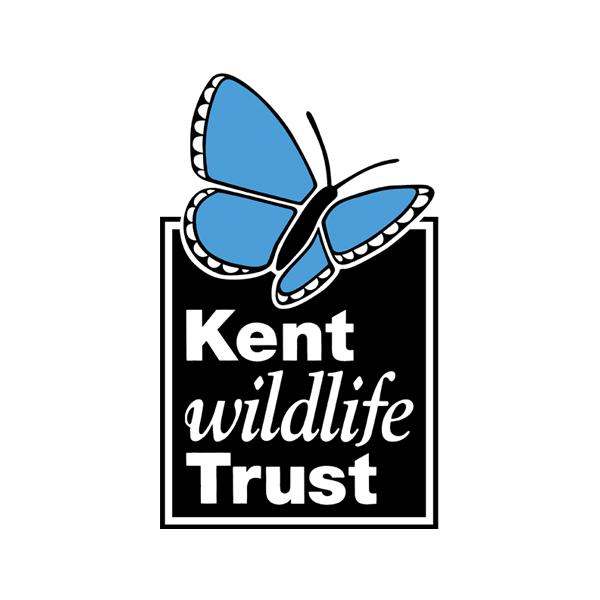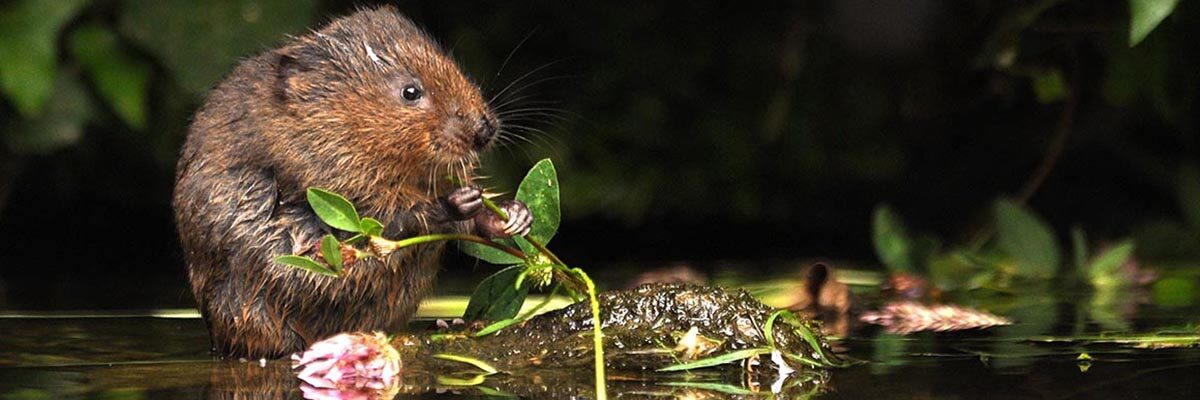Water Vole
2025 target
To retain water vole populations on all known sites and demonstrate progress in assessing county-specific status through encouraging involvement in the National Water Vole Monitoring Programme (evidenced by all existing sites being monitored and the addition of new sites to the register). This will enable subsequent assessment of the population across Kent and enable specific actions to be identified.
Status
The water vole is Britain’s fastest declining mammal. Despite continued conservation efforts, the latest analysis of data undertaken by the National Water Vole Database and Mapping Project estimates the ongoing overall decline of this species was 30% between 2006 and 2015 across England and Wales.
Water vole populations in Kent are now largely concentrated within the county’s extensive coastal and floodplain grazing marshes which feature complex habitats including ditch networks and reedbeds.
Rationale
Water vole populations in Kent are of national importance, with the county home to 3 National Key Sites at Elmley, the North Kent Marshes and Stodmarsh. Water voles are an excellent indicator of landscape connectivity.
Water voles are also ecological engineers, enhancing habitat heterogeneity through their burrowing and grazing activities creating rich bankside environments capable of supporting a wide variety of insects, other small mammals (inc. bats), reptiles and amphibians.
People’s Trust for Endangered Species (PTES) established the National Water Vole Monitoring Programme in 2015. KNP partners and others can raise awareness of this scheme.
Champion
 Kent Wildlife Trust
Kent Wildlife Trust
